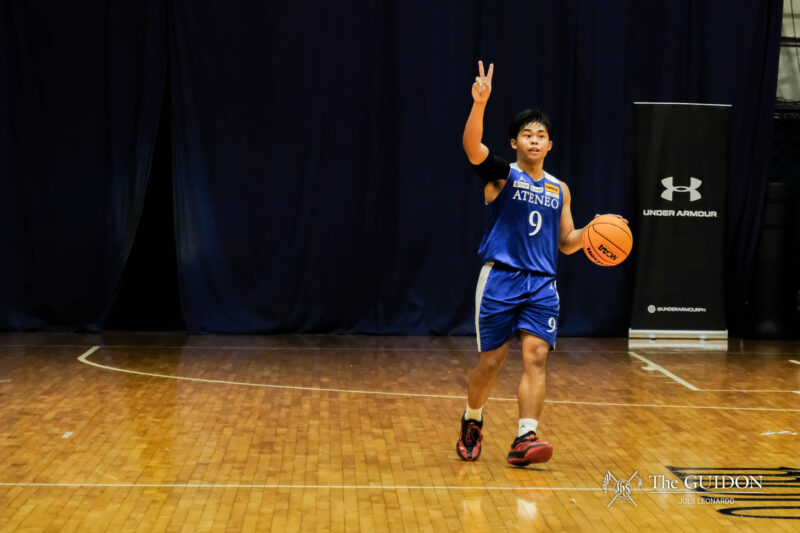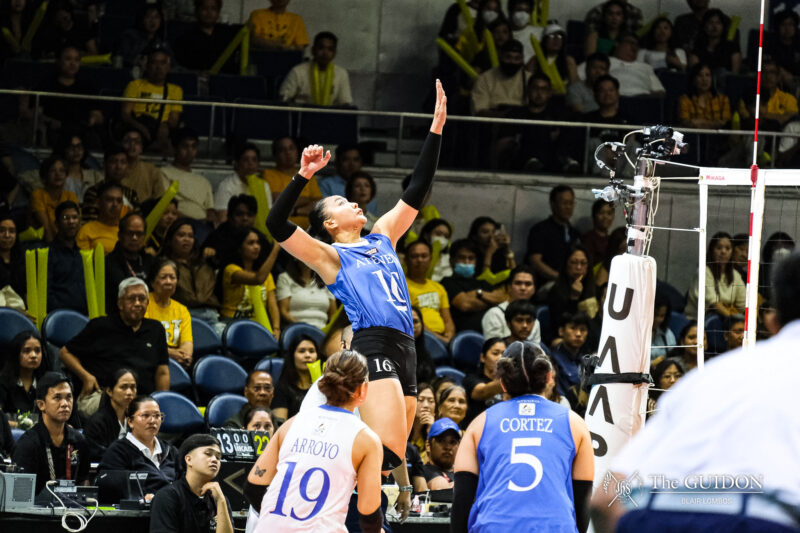Slip of the Pen
ptaruc@theguidon.com
Contemporary Philippine society has borne witness to the emergence of the subject of plagiarism in the realm of mainstream discourse. Over the past weeks, Senator Tito Sotto has drawn flak over accusations that he copied the content of an online blog for use in his filibuster speech against the Reproductive Health bill. What made matters even worse was that Sotto’s supposed work was used as a contrapasso to what it had originally meant. In another incident, the senator allegedly plagiarized portions of a speech from Robert Kennedy, when such were merely translated into Filipino.
Cases like these are not surprising, as they seemingly go hand in hand with the rapid growth of the Internet. Nevertheless, one must take note that the ease in the access of information does not justify the act of committing such an academic crime.
The university itself does not take plagiarism lightly. It is deemed as a serious offense in the Loyola Schools student handbook. Although that has always been the case throughout the years, it is interesting to note that this school year has brought about an increase in new methods of detecting plagiarism. One such example is Turnitin, an online program used by professors to aid them in detecting copied work in a student’s paper.
Although I believe that plagiarism is one of the worst offenses a person can commit in the academe, I am often left astounded at how we can get so fixated on putting in place every possible mechanism to combat it, that we tend to forget the consequences such may bring about. Have we developed a fetish over plagiarism?
In Discipline and Punish, Michel Foucault discusses the concept of the “panopticon” as an observational tool that allows for the unhindered surveillance of authorities over their subjects. He adds that it is the inevitability of being caught that drives people to follow the rules. Such is the case with Turnitin—it transforms the student’s paper into a set of statistics. A teacher can easily see how much of a student’s submission has been copied from different sources.
No one can doubt its effectiveness. Nevertheless, one can argue that such creates an academic milieu forged in fear rather than one based on trust. Students become trapped in an environment of perpetual inspection that forces them to play it safe rather than to think outside the box. In effect, academic papers can consist of nothing more than block quotes that have been properly cited from journals or books.
Students would constantly fear having to write something that they believe to be their original work. A small anecdote narrates that if one were to give a monkey a typewriter and have such an animal randomly press keys of the machine, it is possible that at some point in time, the monkey would be able to churn out the entire script of one of William Shakespeare’s plays.
Although it may take hundreds of trillions of years for that to happen, the laws of chance nevertheless entail that such an event may occur. Likewise, it is possible for a student to pass of work as his or her original, unbeknownst that something similar has already been written before.
No room is left for creativity. No room is left for something new. Now, isn’t that totalitarian in nature?







